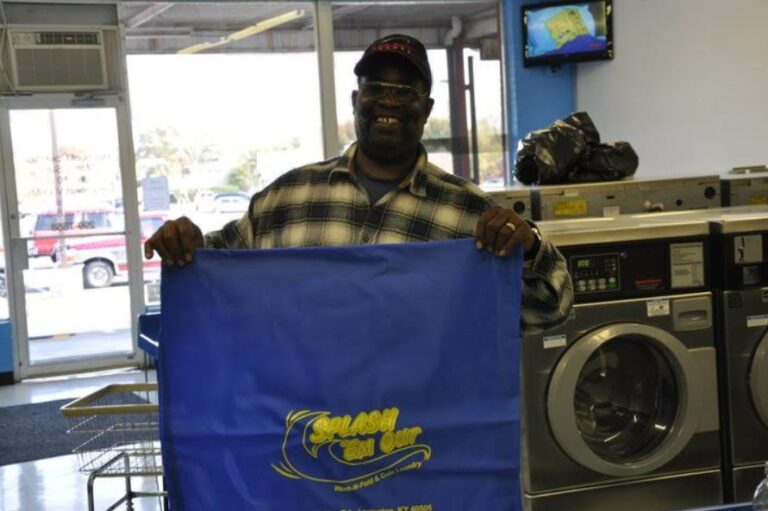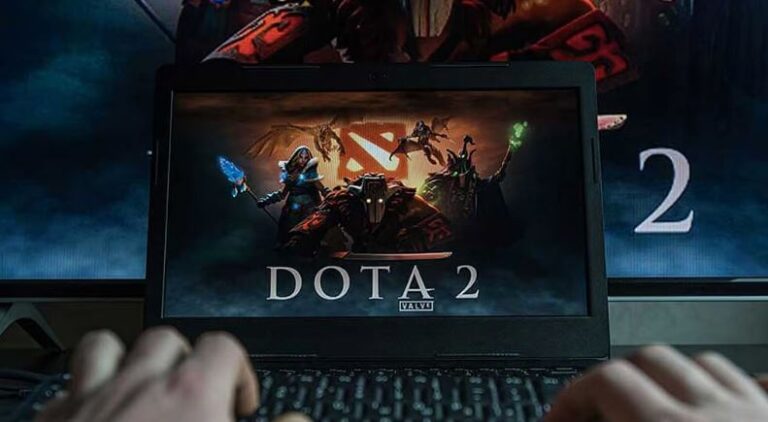In the age of digital connectivity, influencers have become the celebrities of the internet. They drive trends, shape opinions, and command legions of followers. But what happens when the polished image cracks? Welcome to #InfluencersGoneIWLD—a term born from viral moments, chaotic decisions, and the darker side of influencer culture.
This article explores the rise, recklessness, and repercussions of influencers who spiral out of control—whether for attention, profit, or under pressure.
The Rise of the Influencer Class
An “influencer” is someone who has the power to affect purchasing decisions or public perception through their content. Whether they’re promoting skincare on Instagram, vlogging travel adventures on YouTube, or giving hot takes on TikTok, influencers today hold significant cultural sway.
The rise of social media democratized fame. No longer did you need to be in movies or on the radio; you just needed a phone, a personality, and an algorithm in your favor. This new fame is often fast, unregulated, and profit-driven, creating fertile ground for meltdowns, scandals, and bad behavior.
What Is #InfluencersGoneIWLD?
“InfluencersGoneIWLD” is a satirical and viral hashtag that emerged on Reddit and Twitter to describe cases where influencers completely lose control—either of their brand, behavior, or public image. Think:
-
Tone-deaf posts during global crises
-
Illegal or dangerous stunts for views
-
Public meltdowns on livestream
-
Manipulative behavior masked as “authenticity”
-
Fake giveaways, scams, and pyramid schemes
It’s part cringe-watch, part cautionary tale. These aren’t just minor slip-ups—they’re full-on chaos events, often documented by millions.
The Most Infamous Cases
1. The “Luxury Island Retreat” Fiasco
An influencer promised a luxury wellness retreat in Bali for $2,500 a ticket, complete with yoga, organic meals, and beachside villas. Attendees arrived to find an overcrowded hostel with no AC, cold rice meals, and instructors who had never taught a class.
The retreat trended under #InfluencersGoneIWLD, leading to chargebacks, lawsuits, and an apology video with dramatic piano music. No real accountability followed.
2. The TikTok Wildlife Rescuer
This influencer gained followers by “rescuing” wild animals—except it turned out many of the animals were planted, sedated, or even harmed for content. When exposed, they tearfully claimed they were “just trying to help.” Investigations followed, but the account remained active.
3. Crypto & NFT Scams
From Instagram models pushing “get rich quick” NFT projects to YouTubers promoting worthless crypto coins, the influencer ecosystem has been a breeding ground for financial manipulation. These rug-pulls often target young fans, with influencers disappearing once the money is made.
Why Do Influencers Go Wild?
Several factors contribute to these spirals:
1. Pressure to Perform
Many influencers feel the constant pressure to produce content, stay relevant, and outdo themselves. Virality becomes the measure of worth. This leads to increasingly outrageous behavior—pranks, stunts, oversharing, and even public breakdowns.
2. Echo Chambers and Entourages
As followers grow, influencers may be surrounded by people who never say “no.” They become insulated from reality, believing their own hype and ignoring criticism.
3. Money, Fame, and Ego
Sudden wealth and attention can be intoxicating. Without accountability structures, some influencers spend recklessly, treat others poorly, or believe they’re untouchable.
4. Audience Manipulation
Some influencers purposely “go wild” for attention. Scandals drive engagement. Hate-watches still count as views. Apology videos become monetized redemption arcs.
The Apology Video Industrial Complex
After the “wild” behavior comes the inevitable apology video. These have become their own genre:
-
Sad piano music
-
Soft lighting
-
Tears with no specifics
-
“I take accountability, but…” disclaimers
-
Links to merch, charities, or rebranding efforts
These videos often draw millions of views, further monetizing the chaos. It’s not unusual for the apology to trend higher than the original offense.
The Impact on Followers
While it’s easy to laugh at #InfluencersGoneIWLD, the fallout is real:
1. Broken Trust
Many fans feel betrayed after buying into a persona that turned out to be manipulative or dishonest.
2. Financial Harm
From fake investment schemes to misleading product endorsements, followers can lose real money. Younger audiences, especially teens, are particularly vulnerable.
3. Mental Health Effects
Watching influencers spiral can affect fans’ mental health—either through parasocial relationships or distorted views of reality and success.
Platforms: Enablers or Moderators?
Social media platforms benefit from engagement, even if it comes from disaster. Many critics argue that YouTube, Instagram, and TikTok don’t do enough to curb misinformation, scams, or predatory influencer behavior.
Platforms will often:
-
Remove offending content only after public outrage
-
Allow repeat offenders to stay monetized
-
Fail to enforce their own policies consistently
Until regulation catches up or advertisers pull out, the cycle continues.
The Satirical Side of the Movement
#InfluencersGoneIWLD is also a meme format. Twitter accounts parody influencer behavior with fake headlines like:
-
“Beauty guru cancels moon for stealing her aesthetic”
-
“Influencer fakes own kidnapping to boost skincare line launch”
-
“Apology video includes coupon code”
Humor becomes a coping mechanism and a form of commentary on how absurd influencer culture has become.
Redemption or Reinvention?
Despite public meltdowns, many influencers return—often rebranded, forgiven, and monetized all over again. Some common comeback strategies include:
-
Pivoting to wellness or spirituality
-
Claiming to be “healing” or “doing the work”
-
Relaunching as a business coach or life mentor
-
Publishing memoirs, launching podcasts, or joining reality TV
In a culture obsessed with redemption arcs, a spectacular fall can become the first act of a new influencer saga.
What Can Be Done?
The influencer economy isn’t going away. But smarter, more responsible engagement can help reduce the “IWLD” moments.
For Followers:
-
Do your research. Don’t believe everything online.
-
Support transparency. Follow creators who are honest about sponsorships and content creation.
-
Think critically. Ask why someone is promoting something. Is it genuine or just a paycheck?
For Brands:
-
Vet influencers thoroughly. Don’t just look at follower counts—look at values and past behavior.
-
Hold partners accountable. If someone behaves recklessly, don’t reward them with more deals.
For Influencers:
-
Stay grounded. Build a support network that tells you the truth.
-
Avoid parasocial manipulation. Your followers aren’t your therapy group.
-
Take breaks. If fame feels overwhelming, log off instead of lashing out.
The Future of Influencer Culture
We are at a turning point. As audiences mature, they demand more authenticity, responsibility, and accountability. The age of unchecked digital stardom is showing cracks, and #InfluencersGoneIWLD serves as both warning and entertainment.
New trends suggest a shift toward “de-influencing” (calling out overconsumption), “quiet luxury” (anti-flash), and “authenticity over polish.” But as long as there’s a market for chaos, someone will go wild—and we’ll be there to screenshot it.
Final Thoughts
#InfluencersGoneIWLD is more than a hashtag—it’s a mirror to a culture that rewards spectacle over substance. In laughing at these digital trainwrecks, we should also ask ourselves: Why are we watching? What are we enabling? And who pays the price?
The next time an influencer implodes on your feed, take a breath before diving in. Behind every viral downfall is a real person—but also a powerful system that needs watching far more closely.











+ There are no comments
Add yours